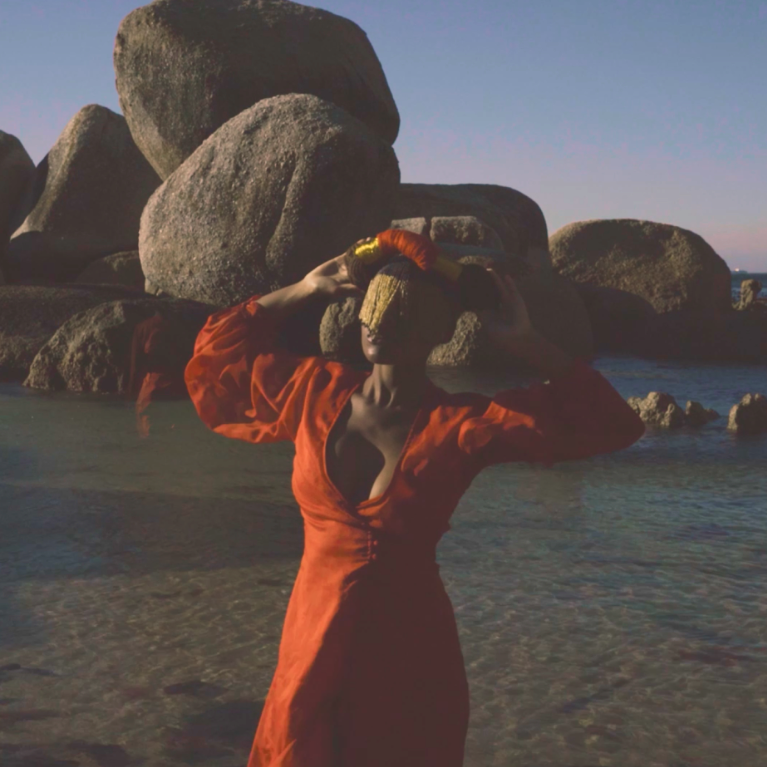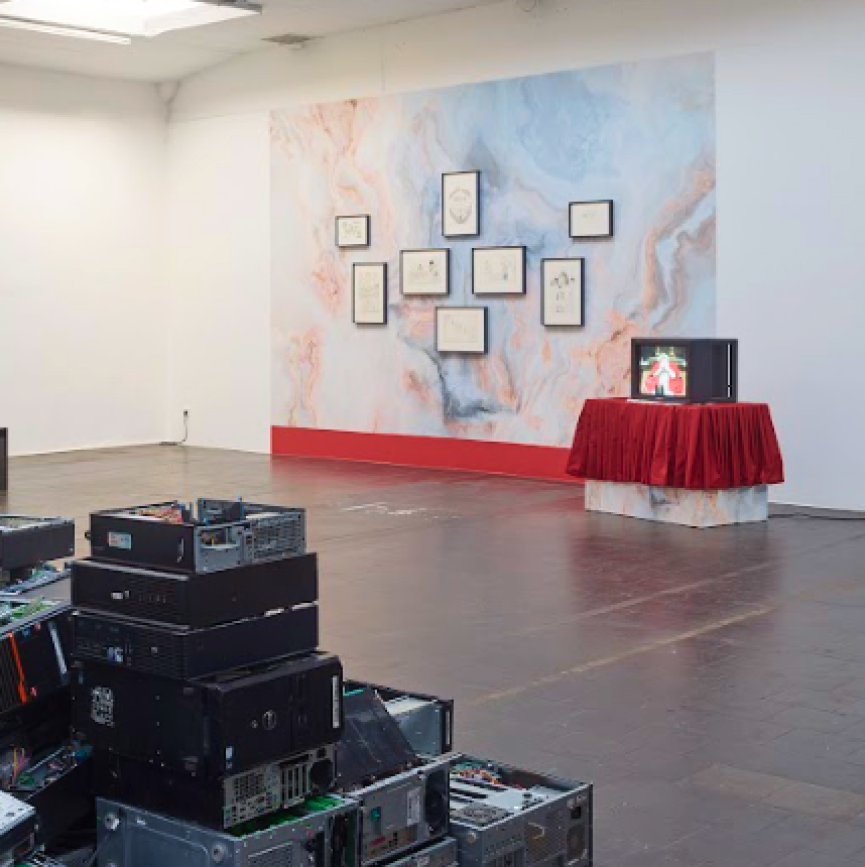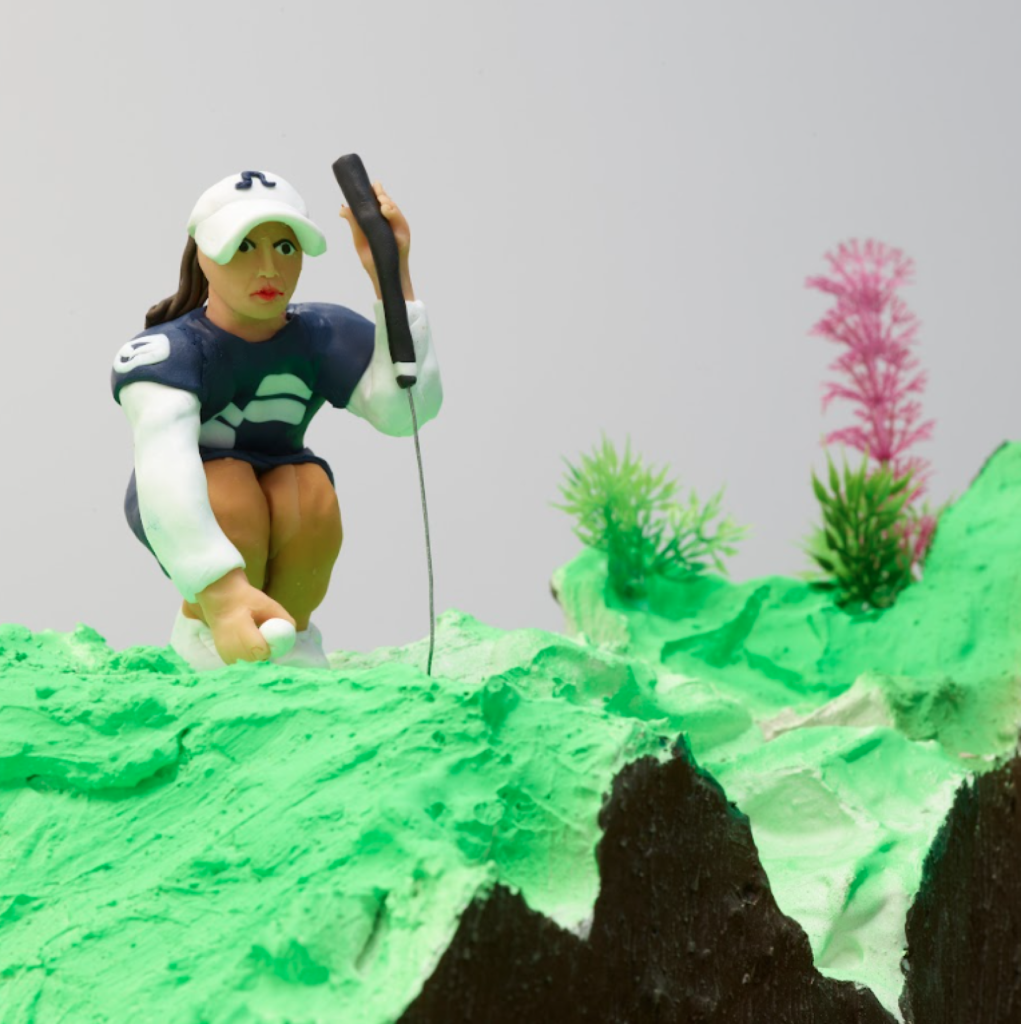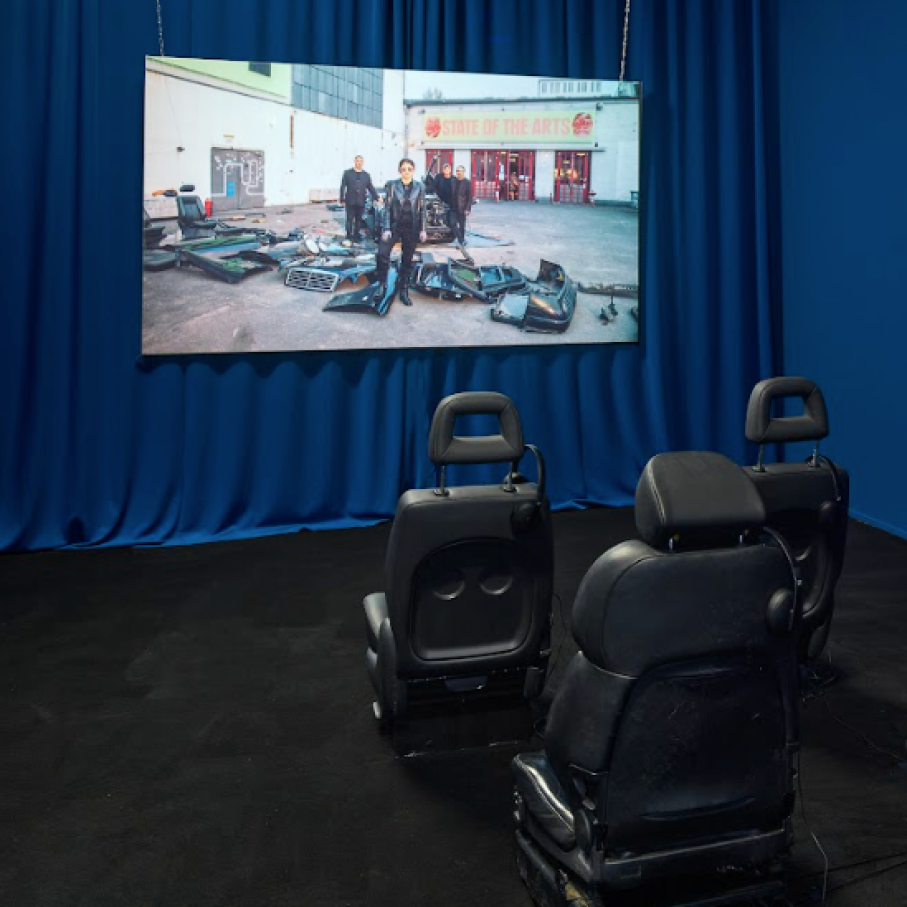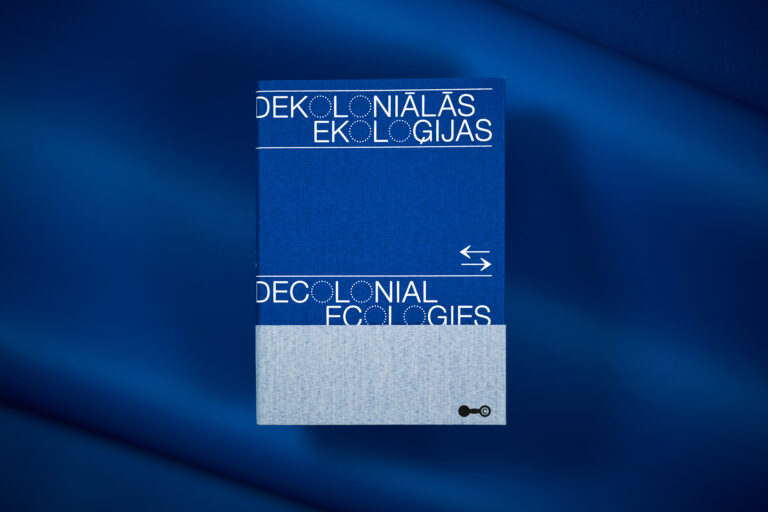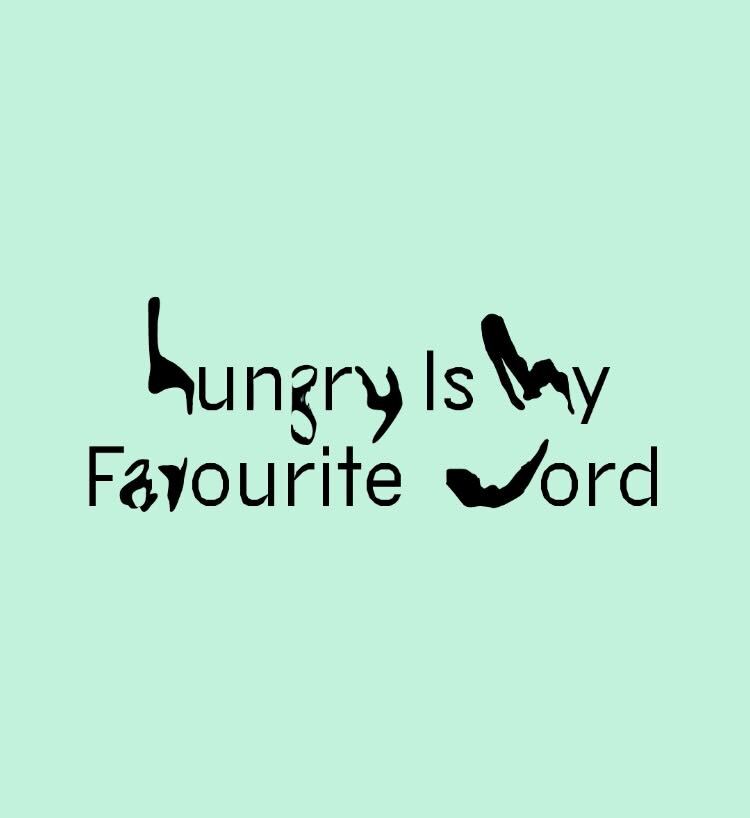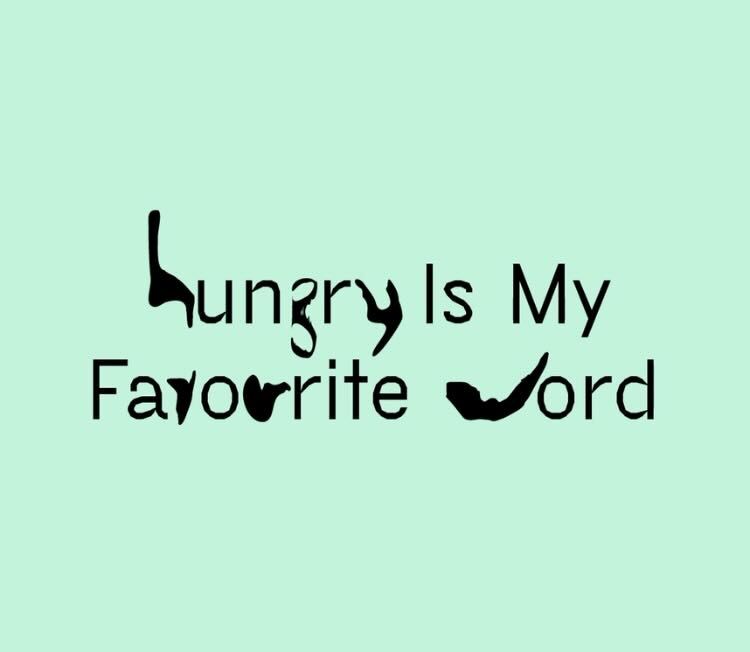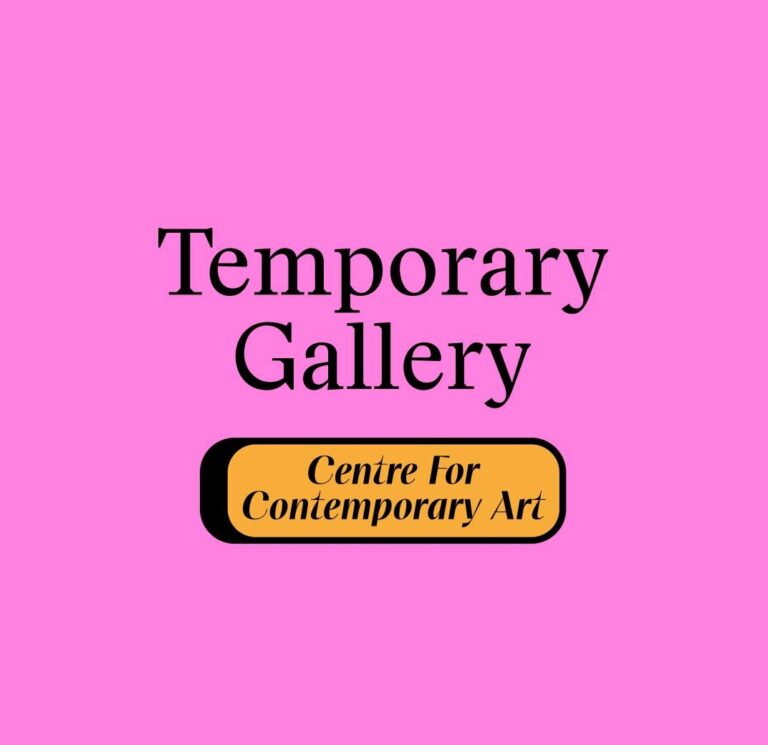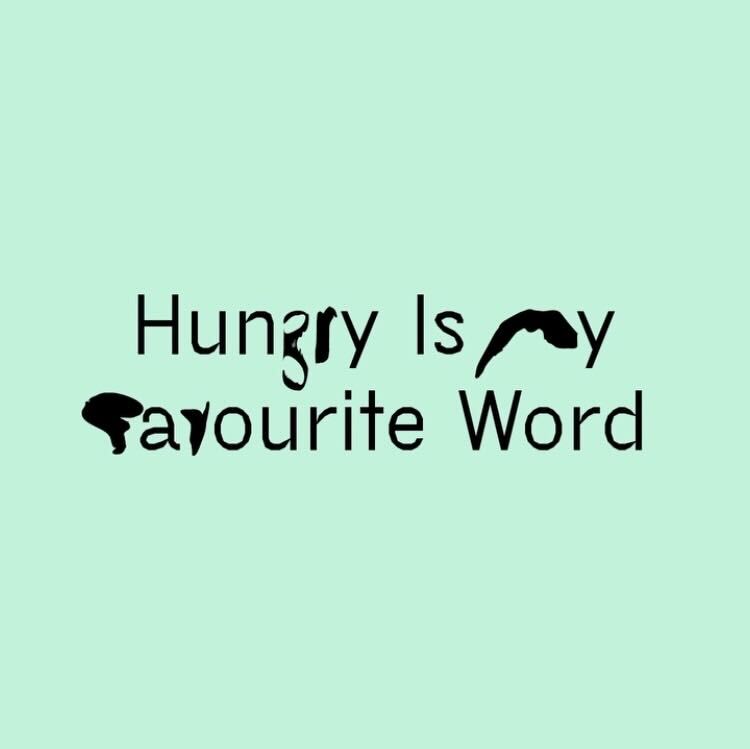The exhibition Unruly Kinships, on view in the CCA Temporary Gallery in Cologne, presents the works of a group of international artists, whose theme is close interpersonal relationships beyond the traditionally understood nuclear family.
Curated by Kris Dittel and Aneta Rostkowska, the show, which is part of a larger research project Islands of Kinship, is aiming to inspire a critical reflection on the evolution of relationships in the past decades and to launch a collective search for new possibilities and structures that are yet to emerge.
The invited artists represent a variety of perspectives on kinship: as parents and children, friends and community members, lovers and partners, which find expression in respectively miscellaneous artistic forms, from live performance, over sculptures to digital drawings.
***
Unruly Kinships reckons with the fact that no ideal version of kinship exists, there is no blueprint which relations can be modelled upon. And yet it strives towards perspectives and approaches that anticipate new solidarities, affinities and alliances, ones in which freedom in love and self-determination can be attainable for everyone. It is a leap into the unknown. How about then imagining collectively other forms of kinship? The unruly ones – not subjected to the imposed societal orders? Those which do not submit to known ways of living? They are disobedient, riotous, resourceful. How about reimagining kinship and asking again: How would we like to live? How would you like to live? The endeavour contemplates various possibilities of kin-making and care relations in our contemporary society. It presents various ways we relate to each other and the unexplored potentialities of these relations, starting from everyday interactions to artistic genealogies and queer lineages.
The artists participating in the exhibition and its public programme not only rethink but also re-enact “unruly kinships” themselves, albeit usually not in the known format of socially engaged art. They not only encourage us to reimagine existing kin-relations, they also search for different ways of sustaining them. For example, Jay Tan’s large-scale sculptures, resembling an ant-formicarium, housing a series of scenes dedicated to various artists, musicians and writers with whom Tan shares a surname. The work references forms of altruism, questions of nepotism, kinship selection and eusociality in social superorganisms, like ants and humans. Similarly, Geo Wyex in his poetic sound work draws on artistic lineages, family members, memory objects. These “shout outs” are personal acknowledgements and public expressions of greeting and praise. In this work Wyex asks who or what matters, and how calling things aloud might become a temporary measure of liberation. Rory Pilgrim shows us alliances and connections between climate activists. They point to how climate change is forcing us to rethink the existing ways of living not only because the old ways degrade the planet (just think about the energy consumption of single-family houses in comparison to larger collective dwellings) but also because fighting anti-climate policies requires intense collective effort. Clementine Edwards’s unfolding miniature landscape, made of rice, gold, silver, copper and found materials, prompts us to think about the promise of the nuclear family, its unfolding, and being at peace with its possibilities and pitfalls. Selma Selman considers what values and relations society attributes to people, labour, relations and material objects, as she recycles scrap metal with the help of her family. Throughout the exhibition’s duration she transforms electronic waste into golden earrings for her mother. Lena Anouk Phillip’s fragile paper sculptures employ the mechanisms of the gift economy to reinforce amiable connections. In Krõõt Juurak’s and Alex Bailey’s performance, not only does their son Albert disrupt it and contribute to it, he also takes an equal role in its creation. The work speaks to questions of child-parent relations, parenting and emotional labour. Liz Rosenfeld’s work features holes, openings, portals, orifices and pores that are impossible to fill. Their work explores desiring and leaking bodies through the narrative of cruising. Pauline Curnier Jardin founded the Feel Good Cooperative together with the help of photographer and sex worker Alexandra Lopez and architect and academic Serena Olcuire. The cooperative is a space for expression, inspiration and financial support for sex workers in Rome whose work is linked with the fragility of daily existence. iSaAc Espinoza Hidrobo and Joanna Stange, together with the maiskind collective, perform a choreographed ritual of care and kinship. They invite the audience to join in their dance, joy and moment of collective transformation. Co-created by Liquid Dependencies Theory (YIN Aiwen, Yiren ZHAO and Zoe ZHAO) and Elli Kuruş, Liquid Dependencies (DE) is a multiplayer role-playing game that is both a life simulation and a generative social experiment that takes peer-to-peer caring relationships as the cornerstone for a commons-oriented, caring society.
The exhibition is accompanied by a rich public programme. For example, it will include a series of gatherings, which combine lectures, performances, readings, music and food in an informal atmosphere. We would like to envision the space of the art institution as a space in which thinking about kinship develops in a collective way, a space in which kinship relations are nurtured.
***
Images c/o the artists, exhibition views by Simon Vogel.
With the kind support of:
Mondriaan Fund
Neustart Kultur
Ministerium für Kultur und Wissenschaft des Landes Nordrhein-Westfalen
Kunststiftung NRW
Creative Europe
The Kingdom of the Netherlands
Kulturamt der Stadt Köln
Deltax contemporary
Hotel Chelsea
***

